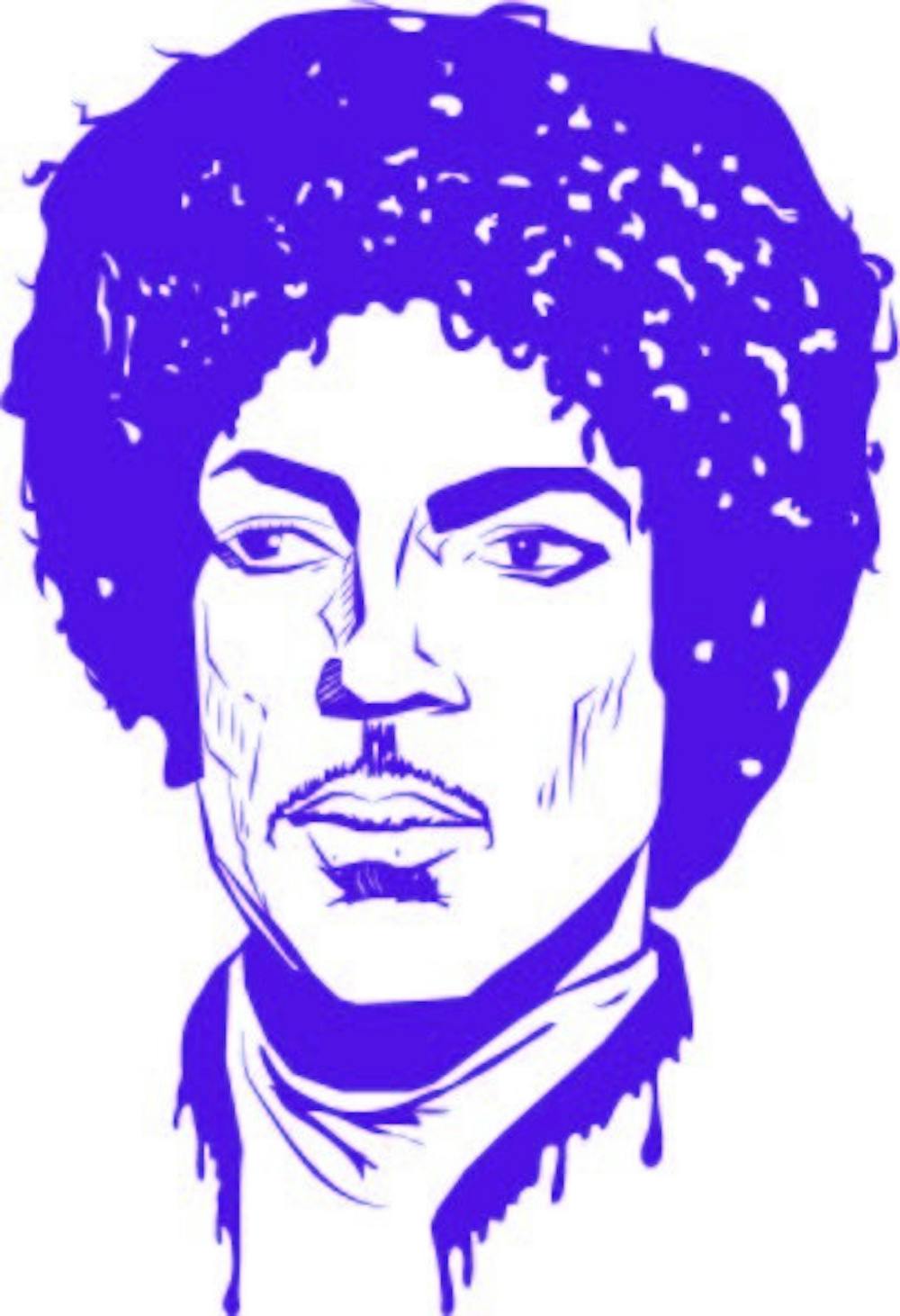Prince, the revolutionary musical icon, died last month at the age of 57 and drugs might have been involved despite Prince’s long-standing reputation for being clean.
Unlike the majority of rock stars who are renowned for their heavy drug use, Prince generally abstained from substance. He would spurn alcohol and marijuana and prevent his tour-mates from indulging as well.
This did not prevent him from developing a dependence on painkillers in his final years.
Prince was known to suffer from chronic pain by close friends. His hips would cause him excruciating pain during performances, but he firmly believed the show must go on and he pressed through for his fans.
“The idea of (Prince) medicating himself to perform isn’t strange to me,” said Prince’s former tour manager Alan Leeds in an interview with the New York Times. It appears that Prince kept a tight lid on his pain pill use and never discussed it with anyone.
Prescription painkillers are derived from chemicals in opium and can be just as addictive as their illegal relatives such as heroin. Opiate painkillers, illicit or pharmaceutical, all function by activating opioid receptors in the brain and therefore have the same side-effects.
One opiate drug, oxycodone, is sometimes referred to as “hillbilly heroin” and the rise in hospitalizations due to overdoses of it have received media attention in America and the United Kingdom.
A rapid formation of dependence and addiction is one of the side-effects of the drug, but Prince may have been dependent on medication due to his chronic pain condition.
Chronic pain can be a debilitating condition that causes sufferers to be unable to function in daily life, and strong painkillers might be the only relief.
Unfortunately, Prince’s use of painkillers might have crossed into abuse when he became unresponsive on his private jet in mid-April and was forced to make an emergency stop in Illinois. He was rushed to a hospital and given a dose of Narcan, which is used to treat heroin and painkiller overdoses.
Some people close to him grew concerned and a friend of Prince’s, whose identity is unknown, called Dr. Howard Klonfeld, who specializes in painkiller addiction.
Dr. Klonfeld’s son traveled to meet Prince at his suburban home near Minneapolis in hopes of discussing a treatment plan but arrived too late. According to the New York Times, he was among the people who found Prince lifeless in an elevator and called 911.
Emergency responders found prescription painkillers on Prince’s body when he died, but so far his records do not show any valid prescriptions for painkillers. Now, the Drug Enforcement Agency has been called in to investigate who has been getting Prince these painkillers.
A special branch of the DEA is set-up to investigate cases of prescription drug abuse. Though Prince might have been getting the drugs from a close friend, it’s also possible that a complicit doctor or pharmacist had been providing Prince with under-the-table pills.
Like many musicians before him, Prince seems to have struggled with an affliction that cost him his life. With better understanding of chronic pain and the addictions that treatments can lead to, hopefully others can avoid the same fate.




